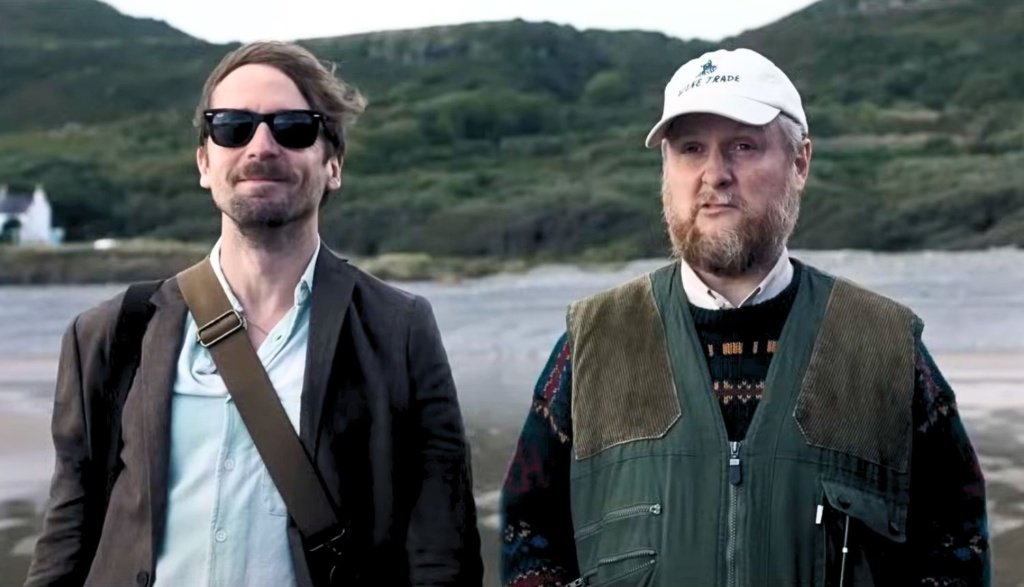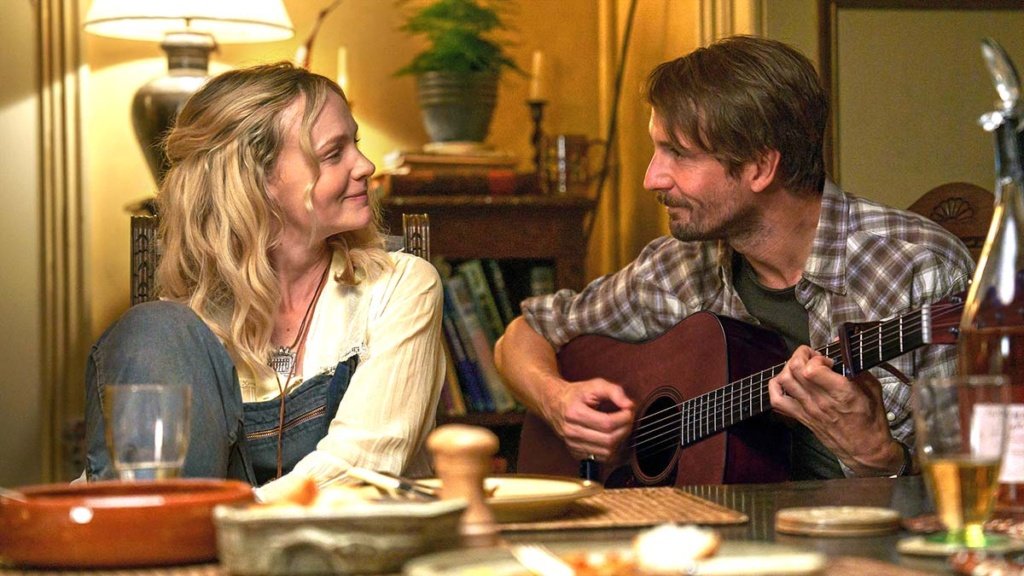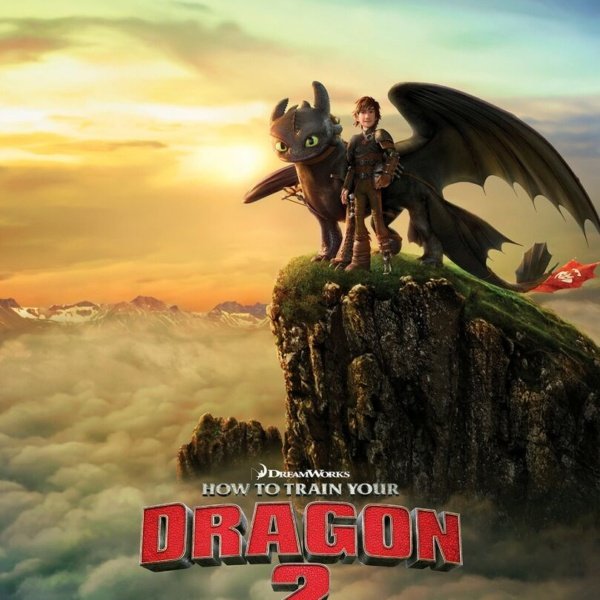Title: The Ballad of Wallis Island
Genre: Comedy/Drama
Release Date: April 18, 2025
Platform: Theaters
Star Rating: 4
By Karl Simpson Jr.
“It understands that healing does not always look like progress. Sometimes, it just looks like letting go.”
The Ballad of Wallis Island is the kind of film that sneaks up on you. It is warm but also quietly devastating in ways you do not see coming. What starts out feeling like a quirky island comedy becomes something far more tender and introspective. It made me laugh, but it also left me with tears in my eyes and a sense of calm that I did not expect. There is real emotional depth tucked beneath its oddball charm, and while it does not entirely rewrite the rules of its genre, it delivers something incredibly rare: a story that feels genuinely human.

At the film’s center is Charles, a reclusive lottery winner holed up alone on a remote island, clinging to a dream most people would roll their eyes at: reuniting his favorite band, McGwyer Mortimer. Sounds odd, right? And it is—but in the best way. The Ballad of Wallis Island is not a high-stakes, fast-paced story. The film is slow, thoughtful, and just the right amount of strange. The direction lets the story breathe, giving each scene time to settle in and letting emotions rise naturally. And that makes the payoff feel honest instead of forced.
This film does not work without its cast, and thankfully, everyone shows up. The performances feel relaxed but intentional—nobody is overplaying it, and that restraint makes the emotional beats land harder. Charles (played with awkward sincerity) is deeply out of sync with the world around him. He is funny, but not in a joke-a-minute way. His humor is more about discomfort and timing—the kind that makes you chuckle and wince simultaneously. Opposite him is Herb, a guarded musician whose silence says just as much as any line of dialogue. Together, they form the kind of dynamic that is quietly compelling: one clings to the past, the other avoids it entirely.

Setting the story on a remote island was a brilliant move. It strips everything down to the essentials: people, memories, and the weight of what is left unsaid. There is no modern noise, no busy cities—just this strange little pocket of time and space where nothing feels quite real. That sense of limbo reflects where the characters are emotionally: stuck in between what used to be and what might come next. Even tiny details—like the lack of Reese’s candy or the obsession over rice—echo that sense of distance, of life being slightly off.
Yes, the plot revolves around getting a band back together, but that is not really what the film is about. It is about the emotional residue we carry: old versions of ourselves we cannot let go of, connections that shaped us, and the quiet grief of realizing some things might never return. The beauty of The Ballad of Wallis Island is how it resists the urge to wrap things up neatly. There is no big monologue, no dramatic transformation. Just a group of people learning how to live with what they have lost and maybe—just maybe—make space for something new. The love is messy. The grief is quiet. The growth is subtle. That is what makes the film feel real. It understands that healing does not always look like progress. Sometimes, it just looks like letting go.
The Ballad of Wallis Island might walk a familiar path, but the way it walks that path is anything but ordinary. It is thoughtful, funny, and genuinely heartbreaking, offering small moments that build to something much bigger. Even when it slows down a bit too much or leans into familiar beats, the emotional honesty behind it keeps everything grounded. It is a film that does not try to dazzle you—it just wants to sit with you. And for those who let it, it offers something special.



